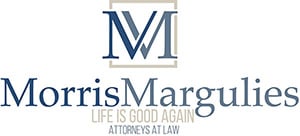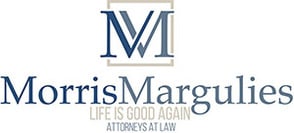If a debtor did not avoid a judicial lien on a piece of real estate he owed when he filed a Chapter 7 case, he may avoid it a subsequent Chapter 13 case, In Re Fielder, 2016 WL 6879252 (Bankr. D. Or. 11/16/16) In Fielder, at the time the debtors filed a Chapter 7 case they had a judicial lien on their real estate, but they did not move to avoid it and they later received a discharge in that case. Seven years later the same debtors filed a Chapter 13 case and sought to avoid the same lien in the Chapter 13 case. The judgment lien holder objected.
The Chapter 13 debtors proposed a chapter 13 plan which provided that they would be seeking to avoid the lien on the property because it impaired their exemptions. The lien holder argued that the debtors were barred from avoiding the lien because they had failed to avoid the lien while in the Chapter 7 case. In the alternative, the judicial lien holder argued it was entitled to an unsecured claim to the extent the lien was avoided.
The Court held that the Bankruptcy Code does not prohibit the use of §522(f)(1) in a subsequent bankruptcy filing. The Code is replete with examples where action or inaction in prior bankruptcy cases is given consequence. Indeed, Chapter 5 of Title 11 is expressly made applicable to Chapter 13 cases without limitation, accordingly, the court would allow the debtors to avoid the judicial lien on their property as the value of the prior liens on the property exceeded the value of the property. The court also ruled that because of the discharge of the debt in their Chapter 7 case, the lender was not entitled to an unsecured claim in the debtors’ Chapter 13 case. lien.
If you are caught in an endless cycle of debt and are struggling to break free, please call us for a free consultation. Morris Margulies has assisted thousands of clients through the bankruptcy process and is sensitive to their needs. We represent consumers in bankruptcy and litigation matters in Maryland and the District of Columbia.

